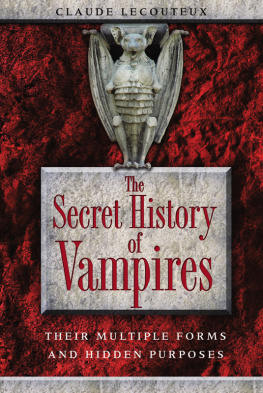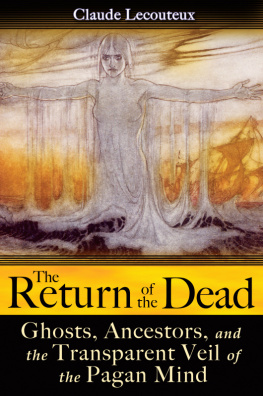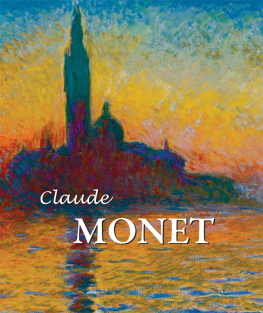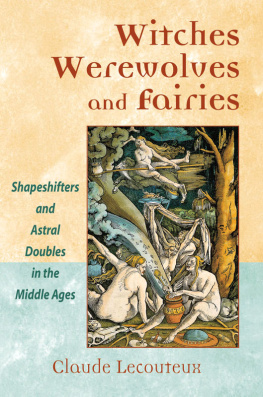Claude Lecouteux - The Pagan Book of the Dead
Here you can read online Claude Lecouteux - The Pagan Book of the Dead full text of the book (entire story) in english for free. Download pdf and epub, get meaning, cover and reviews about this ebook. year: 2020, publisher: Inner Traditions/Bear & Company, genre: Art. Description of the work, (preface) as well as reviews are available. Best literature library LitArk.com created for fans of good reading and offers a wide selection of genres:
Romance novel
Science fiction
Adventure
Detective
Science
History
Home and family
Prose
Art
Politics
Computer
Non-fiction
Religion
Business
Children
Humor
Choose a favorite category and find really read worthwhile books. Enjoy immersion in the world of imagination, feel the emotions of the characters or learn something new for yourself, make an fascinating discovery.

- Book:The Pagan Book of the Dead
- Author:
- Publisher:Inner Traditions/Bear & Company
- Genre:
- Year:2020
- Rating:5 / 5
- Favourites:Add to favourites
- Your mark:
- 100
- 1
- 2
- 3
- 4
- 5
The Pagan Book of the Dead: summary, description and annotation
We offer to read an annotation, description, summary or preface (depends on what the author of the book "The Pagan Book of the Dead" wrote himself). If you haven't found the necessary information about the book — write in the comments, we will try to find it.
The Pagan Book of the Dead — read online for free the complete book (whole text) full work
Below is the text of the book, divided by pages. System saving the place of the last page read, allows you to conveniently read the book "The Pagan Book of the Dead" online for free, without having to search again every time where you left off. Put a bookmark, and you can go to the page where you finished reading at any time.
Font size:
Interval:
Bookmark:
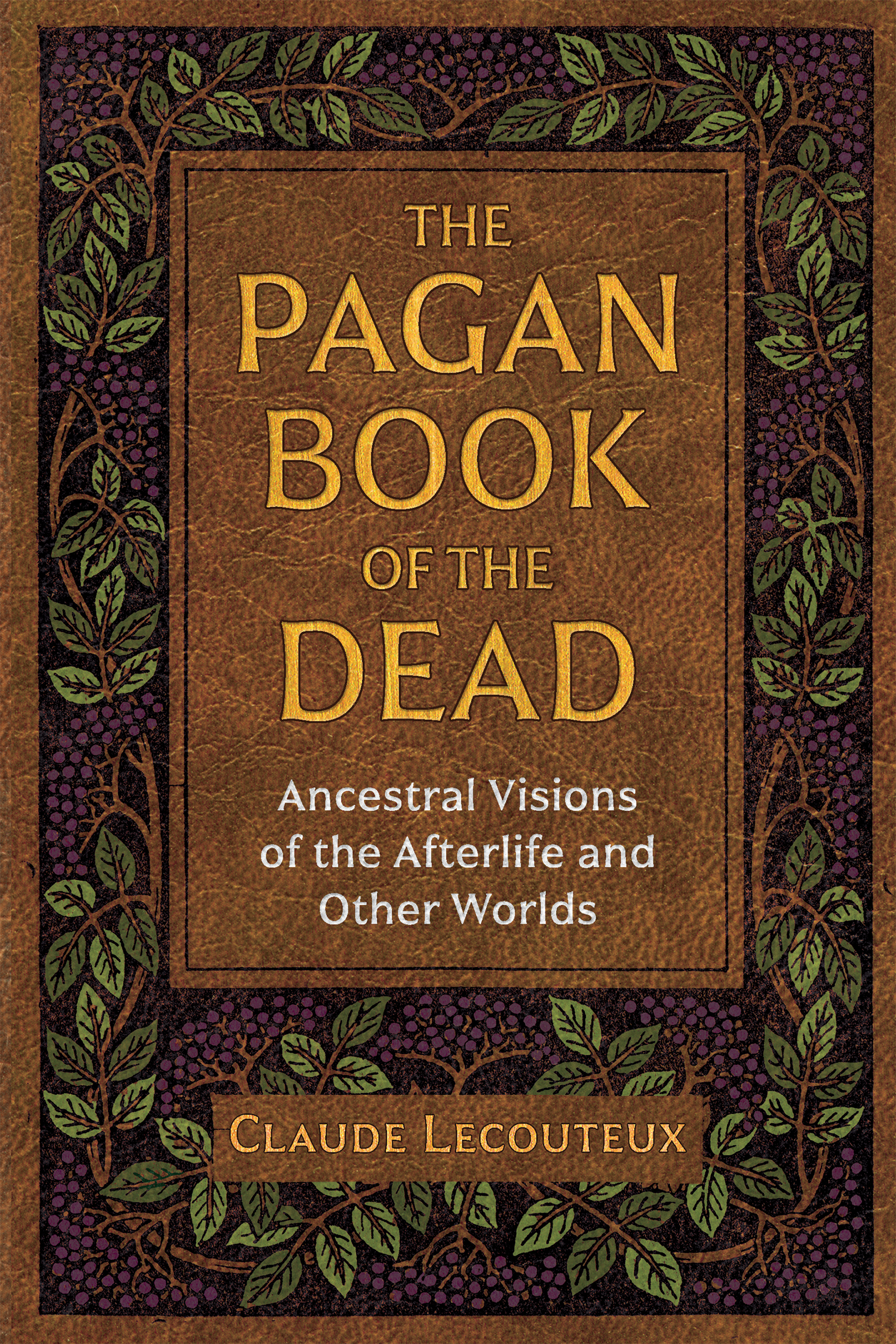

THE PAGAN BOOK OF THE DEAD
Praise for Claude Lecouteux
Lecouteux is a genius. I have been gratefully following his researchwhich provides information I have never found in other locationsfor years.
MAJA DAOUST, WHITE WITCH OF L.A., ASTROLOGER,COUNSELOR, AND AUTHOR OF FAMILIARS IN WITCHCRAFT AND THE OCCULT I CHING
There is no other author alive who so thoroughly examines the subject as Claude Lecouteux.
REBECCA ELSON,PUBLISHER/WRITER OF THE MAGICAL BUFFET WEBSITE
Claude Lecouteux is the most versatile and wide-ranging of the scholars of the medieval imagination, and any book of his is a treat.
RONALD HUTTON,PROFESSOR OF HISTORY AT THE UNIVERSITY OF BRISTOL, ENGLAND, AND AUTHOR OF WITCHES, DRUIDS AND KING ARTHUR
INTRODUCTION
IN THE MIDST OF LIFE WE ARE IN DEATH
The cruel goddess Death is one of the major preoccupations of the living, even if we scarcely enjoy talking about her. She is omnipresent, and each and every one of us will have to pay the toll that nature demands of us, sooner or later. In French literary works, death has been given various different names such as Trpas, (Demise), Faucheuse (Grim Reaper), and Camarde (The One with a Flat Nose). Death has been depicted with a scythe, a bow, a spear, and a violin made from a single bone. Death is also portrayed as a skeleton digging its own grave, a hollow-eyed specter, or a hooded figure. Death is typically represented as female in the lands where romance languages are spoken and as male in the Germanic-speaking regions. Emmanuel Lvinas notes:
Death is not of this world. It is always a scandal, and in this sense, always transcendent with respect to the world.... We can understand corruption, transformation, and dissolution. We can grasp that forms move on but that something survives. Death cuts through all that; it is inconceivable and resistant to thought, and yet it remains indisputable and undeniable.
The dictionary carries a plethora of verbs to denote the action of death: depart, decease, disappear, expire, perish, pass away, succumb, die, and even the informal phrase to snuff it, which is suggestive of the old myth of life being consumed like a candle. In the ancient Greek legend of Meleager, the Fates (Moirai) predicted that his destiny would be linked to that of an ember burning in the fireplace. If the ember was entirely consumed, the child would die. In chapter 11 of the Old Norse Nornagests ttr (Tale of Norna-Gest), written in thirteenth-century Norway, one of the Norns presiding over the birth of the hero becomes angry and says: Therefore, I shape it that he shall not live longer than that candle burnsthe one lighted beside the boy!
In addition to the verbs, there are many expressions for describing death: leave the stage, draw ones last breath, give up the ghost, and cease to exist, as well as other more folksy idioms like kick the bucket, buy the farm, push up daisies, bite the dust, feed the daffodils, hand in ones dinner pail, croak, cash in ones chips, and so forth. Keeping in mind the role played by words as instruments of thought, it is easy to see the importance of death in all civilizations. Attempts to escape what has been growing inside of us since birth has led to the invention of the Fountain of Youth, which Alexander the Great went off in search of, and ambrosia, the nectar of the gods that allegedly confers immortality. The medieval legend of Virgil the Enchanter tells us that he attempted an experiment intended to rejuvenate him. He asked his disciple to dismember his body and salt the pieces, then place them in the bottom of a barrel, on top of which he would set a lamp in such a way that its oil would drip inside the barrel day and night. Virgil should have resurrected after nine days of this treatment, but an unforeseen circumstance aborted the rejuvenation process. The greedy Acheron, the great recruiter of shades, never relinquishes his prey and, as Rabelais uttered in his last words: Bring down the curtain, the farce is played out.
In the Middle Ages it was thought possible to understand names theologically as exhibiting the truths of the faith. Medieval etymology is a discipline, which, by being uncompromisingly literal, seeks to rediscover the true meaning of a word and its original definition, because the name unveils the nature of the thing. It is a form of thought.
La mort suis, Dieu ma ordonnee
Pour ce quAdam la pomme mort
Sentence divine est donne
Tous les humains morront de mort (ll. 8588)
[Death ensues, as God has ordered
Because Adam bit the apple
Divine sentence has been passed down
All humans die of deaths bite]
However, in volume VIII (11, 51) of his Etymologiae, Isidore also tells us that death [mort] comes from Mars (a Marte dicitur)....
Mors certa, hora incertawhile death is certain, the hour in which it will arrive is not. Sudden death was the form most dreaded by Christians, as this meant there was no time for repentance or last rites, and the religious literature of the Middle Ages reflects the memento mori, a reminder that we are all mortal and should be giving constant thought to our salvation. In the ninth century, Notker the Stammerers Liber Hymnorum opens with a Gregorian antiphon, one line of which would go on to enjoy considerable usage throughout the Western world: Media vita in morte sumus, In the midst of life we are in death. The fear of the fate awaiting the individual in the afterlife inspired the production of numerous poems advocating the rejection of this world (contemptus mundi), this vale of tears in which the devil lays his snares. In the mid-thirteenth century, Hugh of Miramar, a Carthusian monk in Montrieux in the Var region of France, expressed it perfectly in his De hominis miseria, mundi et inferni contempt (On the Misery of Mankind, Contempt for the World, and [Contempt] for Hell).
This same time was witness to the development of pamphlets titled The Art of Dying Well, which were illustrated with remarkably expressive woodcuts. In them we see, among other things, Saint Michael weighing souls (psychostasia), demons at the bedsides of the dying, and devils carrying off the souls of sinners. Warnings are everywhere in the frescoes, the exempla, and the literature. For example, the tale of The Three Living and the Three Dead includes this terrible phrase spoken from the latter to the former: You are what we once were; you will be what we are (quod fuimus estis, quod sumus vos eritis).
In the churches, the danses macabres that depict a skeleton dragging behind it the representatives of the three orders of society anchored the presence of death in peoples minds. This dance was foreshadowed in the earlier Vision of Thurkill, in which a parade passes by featuring a priest, a knight, a judge, a thief, peasants, a merchant, a miller. In a later period, the same message was expressed on sundials with mottos such as Omnes vulnerant, ultima necat (All hours wound, the last one kills), Dies nostri quasi umbra super terram et nulla est mora (Our days on the earth are as a shadow, and there is none abiding), or even Ut flos vita perit (Like a flower, life perishes),
The memory of times inexorable nature is also evident in one of Bossuets funeral orations:
Their years [of men] pass in succession like waves; they never stop flowing until finally, after some have made a bit more noise and traveled through a few more countries than others, they are all commingled together in an abyss in which it is no longer possible to recognize kings or princes or any of the other qualities that distinguish men.
Next pageFont size:
Interval:
Bookmark:
Similar books «The Pagan Book of the Dead»
Look at similar books to The Pagan Book of the Dead. We have selected literature similar in name and meaning in the hope of providing readers with more options to find new, interesting, not yet read works.
Discussion, reviews of the book The Pagan Book of the Dead and just readers' own opinions. Leave your comments, write what you think about the work, its meaning or the main characters. Specify what exactly you liked and what you didn't like, and why you think so.

